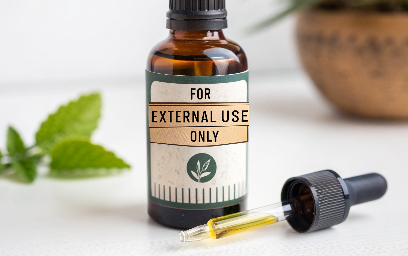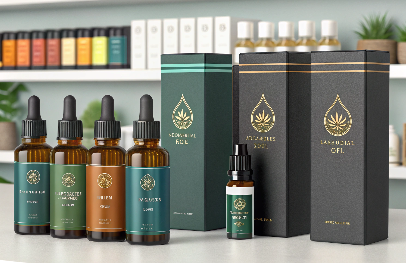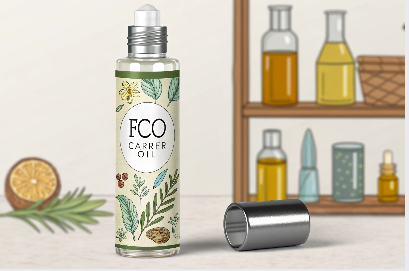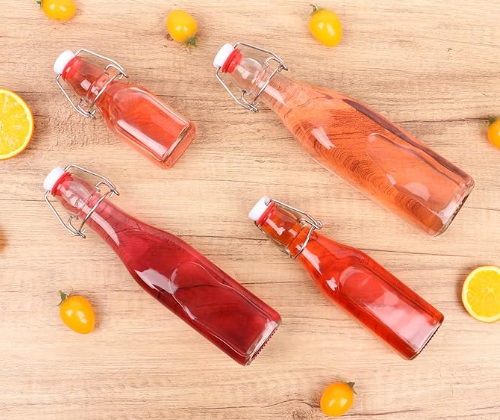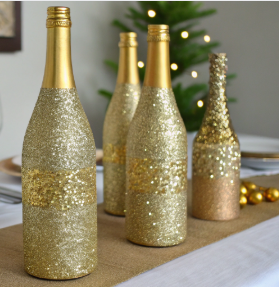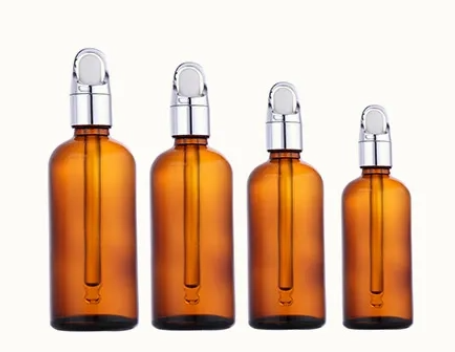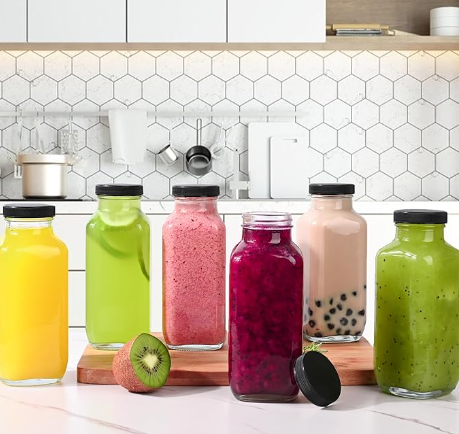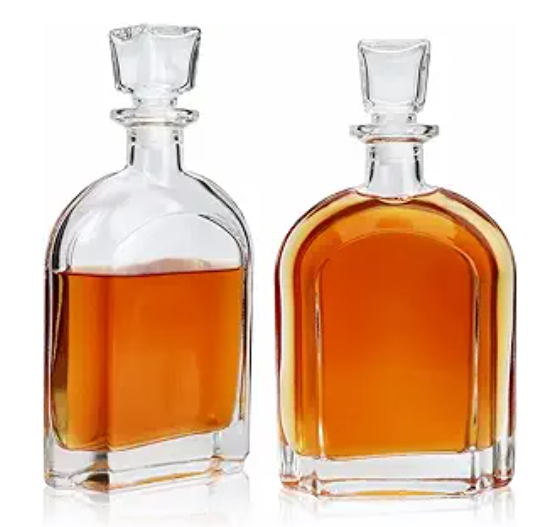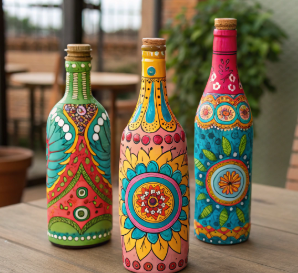In the essential oil industry, packaging does more than protect the product—it tells your brand story, signals quality, and builds customer trust.
Custom essential oil packaging refers to personalized containers, labels, and boxes specifically designed to align with a brand’s identity, functional needs, and target market.
It includes tailored choices in bottle shape, size, color, labeling, cap type, and outer packaging such as boxes or kits. For brands, it’s an essential part of product development—not just a finishing touch.
What is custom packaging boxes?
Not all boxes are created equal. Off-the-shelf cartons may be fast, but they rarely match the experience premium brands need to deliver.
Custom packaging boxes are designed to fit the exact dimensions, branding, and functional requirements of a specific product. In the case of essential oils, they protect the bottle, enhance presentation, and differentiate the brand.
Instead of generic kraft or white boxes, custom boxes reflect your values, aesthetics, and customer expectations. They can include custom inserts, cutouts for bottles, or educational content printed inside.
Key Features of Custom Boxes
| Feature | Description | Benefit |
|---|---|---|
| Size customization | Designed for 5ml, 10ml, 15ml, or larger bottles | Eliminates movement and breakage |
| Branding and design | Full-color printing, embossed logos, foil stamping | Reinforces premium identity |
| Material selection | Kraft, recycled board, rigid box, bamboo fiber | Supports sustainability goals |
| Functional inserts | Foam or paperboard inserts for bottle separation | Secure multi-bottle packaging |
| Informational print | How-to-use guides, oil blend charts, QR codes | Educates and builds trust |
At PauPack, we provide fully customizable box solutions, including eco-friendly and retail-ready formats. Whether you’re launching a starter kit or high-end diffuser blend collection, our structural engineers and designers help align every inch of the packaging with your brand’s promise.
What is the best packaging for essential oils?
Glass bottles are the gold standard—but what else goes into the best packaging?
The best packaging for essential oils includes amber or cobalt glass bottles with secure droppers or roller tops, paired with custom-fit outer boxes that offer protection from light, heat, and impact.
Essential oils are volatile and sensitive to air and sunlight. The right packaging must preserve their purity, prevent leaks, and meet regulatory labeling standards.
Best Practices in Essential Oil Packaging
| Component | Best Choice | Why It Matters |
|---|---|---|
| Bottle | Amber/Cobalt glass (5–30ml) | UV protection, non-reactive material |
| Cap/Dropper | Tamper-evident dropper or roller | Safety, accurate dispensing |
| Seal | Shrink band or pressure-sensitive liner | Leak-proof assurance |
| Label | Waterproof, oil-resistant adhesive | Legibility and compliance |
| Box | Rigid or folding carton with inserts | Impact resistance, brand presentation |
Packaging is especially important for brands shipping internationally or selling on retail shelves. At PauPack, we support both wholesale and retail brands with fully compliant packaging options, including FDA/EN standards and custom artwork files.
Can you fly internationally with essential oils?
You can take your oils abroad—but there are limits.
Yes, you can fly internationally with essential oils, but each bottle must comply with airline liquid regulations—typically no more than 100ml per container in carry-on bags, and all liquids must fit in a transparent quart-sized bag.
When checking oils in luggage, ensure bottles are tightly sealed and well-protected against breakage. Packaging plays a critical role in preventing leakage, especially under cabin pressure changes.
Air Travel Guidelines for Essential Oils
| Requirement | Carry-On | Checked Luggage |
|---|---|---|
| Bottle Size | ≤ 100ml (3.4 oz) | No specific limit |
| Packaging | Leak-proof container | Wrap in clothes or pouches |
| Labeling | Clearly labeled | Especially important at customs |
| Quantity | Fits in 1-liter bag | Unlimited (check airline policy) |
If you're a brand exporting essential oil products, keep in mind that retail packaging must also comply with import/export regulations in the destination country. At PauPack, we help our international clients navigate these rules and provide compliant packaging with the proper HS codes and MSDS documentation.
What is FCO in essential oils?
This acronym often pops up in product descriptions—but what does it really mean?
FCO stands for Fractionated Coconut Oil, a type of carrier oil that stays liquid at room temperature and is commonly used to dilute essential oils for topical application.
Unlike regular coconut oil, FCO has been processed to remove long-chain triglycerides. This makes it odorless, lightweight, and non-greasy—perfect for rollers, massage oils, and facial blends.
Why Use FCO in Packaging
-
Safe for skin: Non-comedogenic and hypoallergenic
-
Shelf-stable: Longer shelf life than many carrier oils
-
Odorless: Doesn’t interfere with essential oil scent
-
Absorbs quickly: Ideal for roll-ons and daily use blends
Many brands package ready-to-use essential oil blends pre-diluted with FCO in roller bottles, often with metal or glass ball applicators. PauPack offers roller bottle solutions in 5ml, 10ml, and 15ml sizes, with amber, frosted, or gradient color options and custom printed labels.
Conclusion
Custom essential oil packaging isn’t just about looking good—it’s about protecting the integrity of your product, expressing your brand’s identity, and delivering a premium customer experience. With the right packaging partner, your oils don’t just sell—they stand out.




